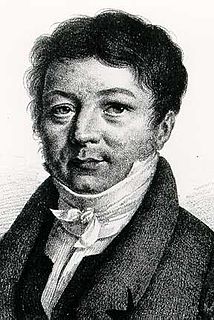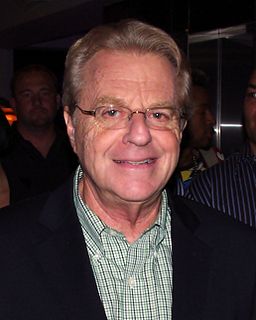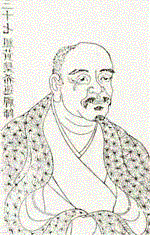A Quote by Quintilian
Minds that are stupid and incapable of science are in the order of nature to be regarded as monsters and other extraordinary phenomena; minds of this sort are rare. Hence I conclude that there are great resources to be found in children, which are suffered to vanish with their years. It is evident, therefore, that it is not of nature, but of our own negligence, we ought to complain.
Related Quotes
I know that certain minds would regard as audacious the idea of relating the laws which preside over the play of our organs to those laws which govern inanimate bodies; but, although novel, this truth is none the less incontestable. To hold that the phenomena of life are entirely distinct from the general phenomena of nature is to commit a grave error, it is to oppose the continued progress of science.
What is necessary for 'the very existence of science,' and what the characteristics of nature are, are not to be determined by pompous preconditions, they are determined always by the material with which we work, by nature herself. We look, and we see what we find, and we cannot say ahead of time successfully what it is going to look like. ... It is necessary for the very existence of science that minds exist which do not allow that nature must satisfy some preconceived conditions.
Scientific facts are often described in textbooks as if they just sort of exist, like nickels someone picked up on the street. But science at the cutting edge, conducted by sharp minds probing deep into nature, is not about self-evident facts. It is about mystery and not knowing. It is about taking huge risks.
The nature of the Absolute is neither perceptible nor imperceptible; and with phenomena it is just the same. But to one who has discovered his real nature, how can there be anywhere or anything separate from it?... ...Therefore it is said: 'The perception of a phenomenon IS the perception of the Universal Nature, since phenomena and Mind are one and the same.'
As piety, religion and morality have a happy influence on the minds of men, in their public as well as private transactions, you will not think it unseasonable, although I have frequently done it, to bring to your remembrance the great importance of encouraging our University, town schools, and other seminaries of education, that our children and youth while they are engaged in the pursuit of useful science, may have their minds impressed with a strong sense of the duties they owe to their God.
Understanding human nature must be the basis of any real improvement in human life. Science has done wonders in mastering the laws of the physical world, but our own nature is much less understood, as yet, than the nature of stars and electrons. When science learns to understand human nature, it will be able to bring a happiness into our lives which machines and the physical sciences have failed to create.
The hypotheses which we accept ought to explain phenomena which we have observed. But they ought to do more than this; our hypotheses ought to foretell phenomena which have not yet been observed; ... because if the rule prevails, it includes all cases; and will determine them all, if we can only calculate its real consequences. Hence it will predict the results of new combinations, as well as explain the appearances which have occurred in old ones. And that it does this with certainty and correctness, is one mode in which the hypothesis is to be verified as right and useful.
Of all the endless variety of phenomena which nature presents to our senses, there is none that fills our minds with greater wonder than that inconceivably complex movement which, in its entirety, we designate as human life; Its mysterious origin is veiled in the forever impenetrable mist of the past, its character is rendered incomprehensible by its infinite intricacy, and its destination is hidden in the unfathomable depths of the future... .




































